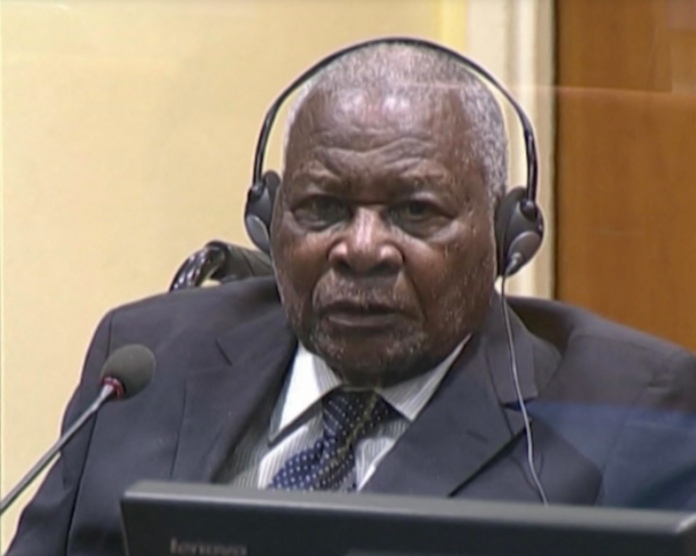The High Court in Kenya has ruled that the assets of Felicien Kabuga, a Rwandan tycoon suspected of financing the 1994 genocide, remain frozen until a United Nations court concludes his trial. Justice Esther Maina declined a request by Kabuga’s family to lift court orders issued on May 6, 2008, preserving Mr Kabuga’s house in Nairobi. Mr Kabuga was a fugitive at that time. He was arrested in May 2020 near Paris by French authorities and is currently at The Hague fighting charges related to genocide.
The registered owners of the property in Nairobi are Kabuga and his wife Mukazitoni Josephine, who died in 2017 in Belgium. Justice Maina endorsed the 2008 preservation orders issued by Judge Muga Apondi (retired), meaning the rent income will continue being deposited in a government account. The property was frozen following an application by Kenya’s Attorney-General, who was enforcing resolutions for member states of the UN to assist in tracing suspects in the case of the Rwanda genocide.
According to the order, all rental income or proceeds collected by the managing agent (less any management fee payable) will be deposited to the Registrar of the High Court of Kenya until the conclusion of Kabuga’s case at the UN tribunal.
Kabuga, an 90-year-old businessman, has been on trial since September 29, 2022 before the Dutch branch of the UN Mechanism that succeeded the International Criminal Tribunal for Rwanda and he suffers from senile dementia and his trial, suspended pending the decision of the judges of the UN Mechanism, the successor to the International Criminal Tribunal for Rwanda, could end at any moment.
“There is no other option than to declare Mr. Kabuga unfit to take part in his trial,” said his lawyer Emmanuel Altit on Thursday, March 30. He was speaking at the end of the hearings of independent medical experts, called to comment on the health of Kabuga.
































































